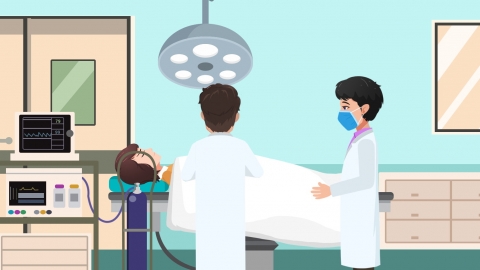Is intubation required for an hour-long surgery under general anesthesia?
In general, for a one-hour surgery requiring general anesthesia, whether intubation is necessary depends on the specific circumstances and cannot be determined solely by the duration of the surgery. The detailed analysis is as follows:

If the surgical procedure involves areas near the airway, may cause bleeding or increased secretions, or if the patient has underlying conditions such as impaired respiratory function, obesity, or sleep apnea, endotracheal intubation is usually required even for surgeries lasting just a few hours. Intubation ensures an open airway, prevents aspiration of vomit or secretions during surgery, maintains normal respiratory function, and guarantees stable breathing throughout the operation.
If the surgery involves superficial or extremity procedures that do not affect the airway, and the patient is young, in good physical condition, and has no pre-existing respiratory issues, intubation may not be necessary even for several hours of general anesthesia. In such cases, breathing can be maintained using methods like a face mask, minimizing airway irritation from intubation and reducing the likelihood of postoperative throat discomfort.
After surgery, the patient's respiratory status should be closely monitored for signs of difficulty breathing, sore throat, or other discomforts. After regaining consciousness, patients should gradually resume eating under medical guidance, starting with liquid foods and avoiding strenuous activities. If persistent coughing or worsening shortness of breath occurs, medical staff should be informed promptly so appropriate interventions can be taken.







